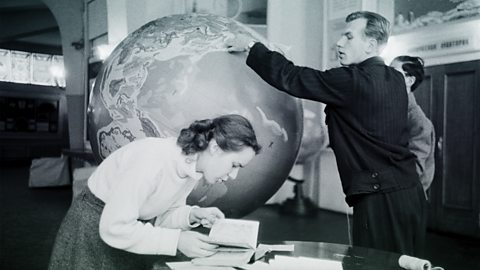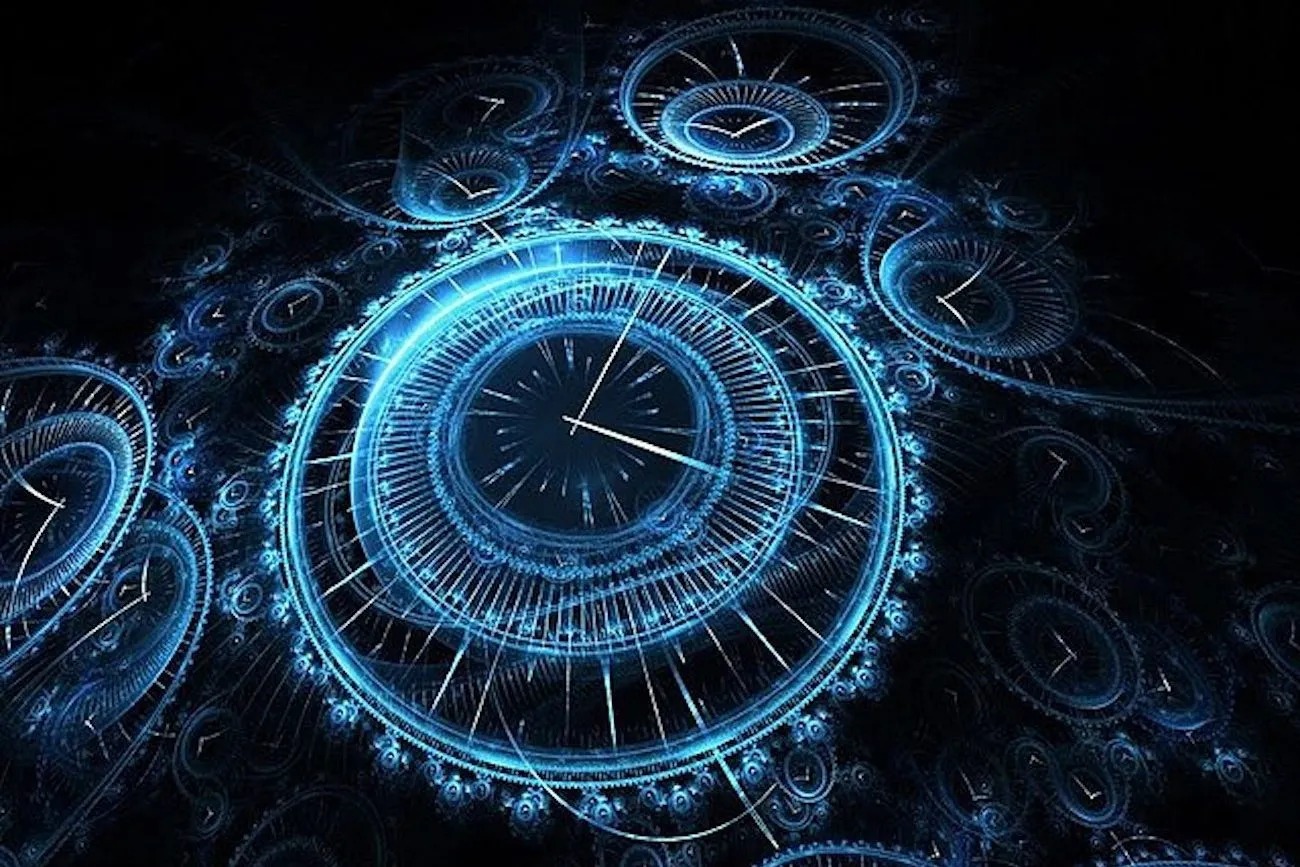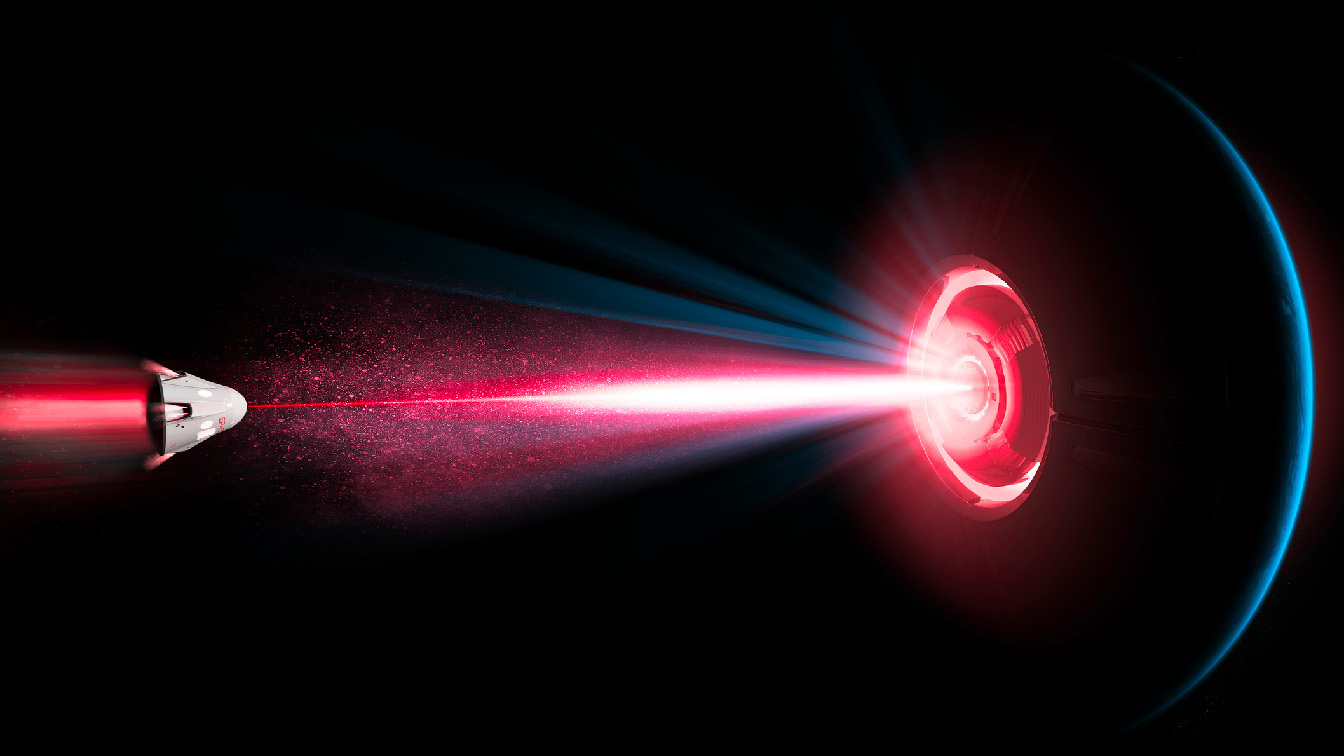Key takeaways:
- Physicists at the University of Queensland have mathematically shown that time travel could theoretically exist without causing logical paradoxes.
- The research reconciles Einstein’s theory of relativity with classical dynamics, solving issues like the “grandfather paradox,” where actions in the past would prevent the time traveler from existing.
- Using a model based on the COVID-19 pandemic, the researchers found that even if someone went back to prevent an event, the sequence of events would adjust to ensure the original timeline’s consistency.
- According to this theory, any attempts to alter significant events in the past would ultimately fail to create inconsistencies, as events would recalibrate to avoid paradoxes.
- The findings suggest that time travel with free will is logically possible in our universe, but any actions taken in the past would be self-correcting, preserving the original timeline’s outcome.
_______________________
Australian physicists claim time travel can avoid paradoxes—events recalibrate to prevent contradictions.

Physicists at the University of Queensland, led by Germain Tobar, have made a breakthrough in theoretical time travel. Using complex mathematical modeling, they explored the compatibility between Einstein’s theory of general relativity and classical dynamics, addressing a well-known obstacle to time travel: the grandfather paradox. This paradox suggests that if a time traveler were to change a significant past event, it could erase their own existence, creating an inconsistency in cause and effect.
According to Einstein’s theory, time loops make backward time travel theoretically possible. However, classical dynamics implies that any change to past events would alter the future in a way that might prevent the time traveler’s existence. Tobar’s study, supervised by Dr. Fabio Costa, focuses on whether time travel can avoid such logical paradoxes, enabling both theoretical physics systems to coexist.
Exploring Paradoxes with a Pandemic Scenario
To test their theory, Tobar and Costa applied a recent real-world scenario, modeling time travel within the context of the COVID-19 pandemic. They hypothesized a time traveler attempting to prevent the first known COVID-19 infection (patient zero). Classical dynamics would suggest that if the time traveler succeeded in preventing patient zero’s infection, the virus would never spread, leaving no reason for the time traveler to return. However, their calculations reveal that events would recalibrate in a way to keep the original motivation intact.
For instance, if the time traveler prevents patient zero from being infected, another person might still spread the virus, ensuring that the pandemic occurs regardless of the intervention. As a result, the initial timeline remains consistent, and no logical paradox arises. In this way, events “self-adjust” to avoid contradictions, regardless of the traveler’s actions, making time travel logically viable without disrupting the cause-effect sequence.

Mathematical Confirmation of Paradox-Free Time Travel
The research team discovered a range of mathematical processes confirming the possibility of free will in time travel without causing paradoxes. Tobar noted that attempts to change a crucial past event would lead the universe to “recalibrate” surrounding events in a way that preserves the core sequence of events. Thus, any interference in the past would adapt to maintain consistency, leaving the future unchanged. This self-correcting feature makes time travel compatible with both general relativity and classical dynamics, allowing for theoretical possibilities beyond science fiction.
As Dr. Costa, who supervised the study, concluded, “The math checks out—and the results are the stuff of science fiction.” Their findings open new possibilities for theoretical exploration, suggesting that time travel, though not practically feasible today, may one day be understood as a real potential of our universe. This groundbreaking study highlights how careful mathematical modeling can provide fresh insights into longstanding scientific conundrums, especially ones as fantastical as time travel.
A paper detailing the research was published in the journal Classical and Quantum Gravity.





good! and today is 26/10 😉
AND THE ENTROPY??????????